
The University of Oxford has been ranked second in the Complete University Guide for 2018 entry, and very highly across the board for language subjects.
Read all the latest news and upcoming events from the faculty on the main News page.

The University of Oxford has been ranked second in the Complete University Guide for 2018 entry, and very highly across the board for language subjects.

The University of Oxford has been ranked second in the Complete University Guide for 2018 entry, and very highly across the board for language subjects.

The University of Oxford has been ranked second in the Complete University Guide for 2018 entry, and very highly across the board for language subjects.

The University of Oxford has been ranked second in the Complete University Guide for 2018 entry, and very highly across the board for language subjects.

The University of Oxford has been ranked second in the Complete University Guide for 2018 entry, and very highly across the board for language subjects.
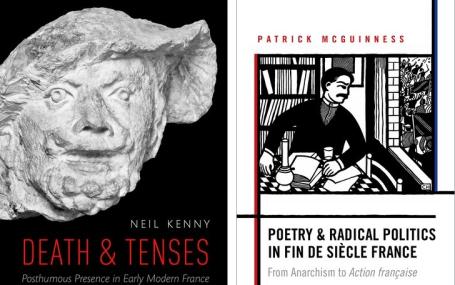
The Faculty is delighted to report that Neil Kenny and Patrick McGuinness have been announced as the joint winners of the prestigious R. Gapper Book Prize for their publications Death and Tenses: Posthumous Presence in Early Modern France (Oxford: OUP, 2015) and Poetry and Radical Politics in fin de siècle France (Oxford: OUP, 2015) respectively.

The Faculty is delighted to report that Neil Kenny and Patrick McGuinness have been announced as the joint winners of the prestigious R. Gapper Book Prize for their publications Death and Tenses: Posthumous Presence in Early Modern France (Oxford: OUP, 2015) and Poetry and Radical Politics in fin de siècle France (Oxford: OUP, 2015) respectively.

The MFO is hosting a two day conference jointly organised by Sophie Lefay (Université d'Orléans), Laurent Turcot (Université du Québec à Trois Rivières) and Catriona Seth (University of Oxford) on walking and social rituals in the 18th century. It will include papers on national characteristics of walks, literary and educational walks, royal progresses and botanical collections, garden fashions and commercial activities for walkers. All welcome.
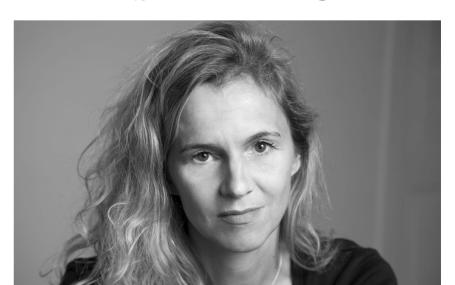
Prize-winning French author and film producer, Delphine de Vigan, will be in conversation with Henriette Korthlas Altes (MFO) and Catriona Seth (All Souls) at Jesus College, in the Harper Room at Jesus College at 5.15 P.M. on Wednesday 26th April.
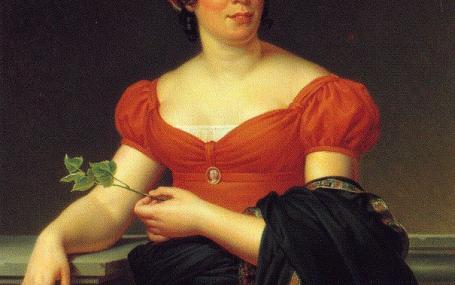
Oxford academic Professor Catriona Seth is interviewed on French radio by philosopher Adèle van Reeth. They discuss Germaine de Staël (1766-1817), a 'thinker without borders', whose works include essays, novels and political pamphlets and whose ideas often show preoccupations with themes which are still present in contemporary debates, from the role of fiction to the way culture can serve to unite people.
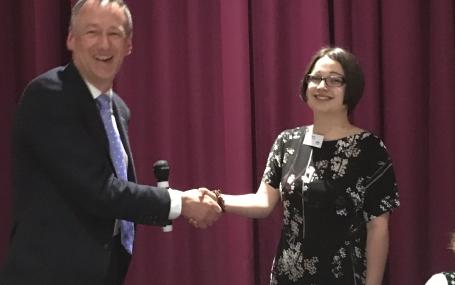
Congratulations to current MSt student Helen Craske, who has won the Society of Dix-Neuviémistes' 2017 Postgraduate Prize for her essay on 'The Decadent Ideal of Impenetrability'.
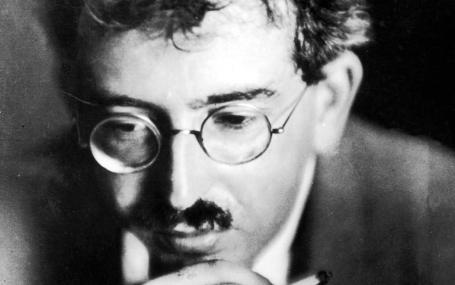
"Walter Benjamin and Method: Re-thinking the Legacy of the Frankfurt School"
The conference, at the University of Oxford, 25th-27th September 2017, will be organized in six thematic strands with two convenors each. Panels in each strand will consist of three 20-minute papers. Proposals (250 words) for 20-minute papers in either English or German should be submitted by 7th April 2017.
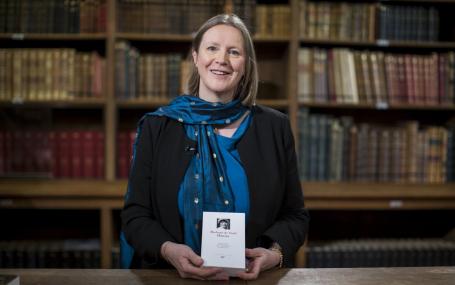
Professor Catriona Seth presents her forthcoming edition of Germaine de Staël's works in Gallimard's prestigious 'Pléiade' series on French television's 'Bibliothèque Médicis'.
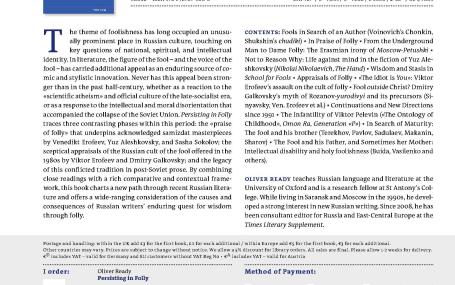
The theme of foolishness has long occupied an unusually prominent place in Russian culture, touching on key questions of national, spiritual, and intellectual identity. In literature, the figure of the fool – and the voice of the fool – has carried additional appeal as an enduring source of comic and stylistic innovation. Never has this appeal been stronger than in the past half-century, whether as a reaction to the «scientific atheism» and official culture of the late-socialist era, or as a response to the intellectual and moral disorientation that accompanied the collapse of the Soviet Union.
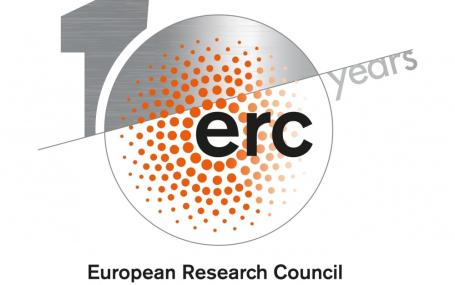
This week marks the 10th anniversary of the European Research Council (ERC) and, to celebrate the occasion, the Humanities Division are featuring a different research project each day to highlight some of the different endeavours that the ERC are supporting at Oxford. On Tuesday, the 15cBOOKTRADE project, led by Cristina Dondi, was chosen to showcase ERC-funded research at the Faculty of Medieval and Modern Languages.

Vittoria Fallanca (1st-year DPhil, Pembroke College) has been announced as the runner-up for the 2016 R. Gapper Postgraduate Essay Prize with her work 'The Design of the Essais: Montaigne and the language of ‘dessein’'.

Vittoria Fallanca (1st-year DPhil, Pembroke College) has been announced as the runner-up for the 2016 R. Gapper Postgraduate Essay Prize with her work 'The Design of the Essais: Montaigne and the language of ‘dessein’'.
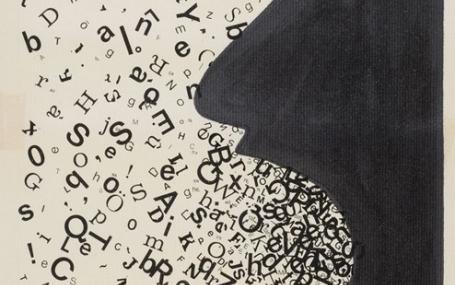
The aim of this conference is to foreground transnational women’s contribution to Portuguese culture (and vice versa) and to interrogate the nature of their impact in Portugal and beyond, while fostering an interdisciplinary and transcultural perspective. The conference will examine how the meaning of being a transnational/ diasporic artist has shifted across time, and focus on negotiations of creative influence and multiple identifications through the lens of gender.

The University of Oxford has been ranked 3rd in the prestigious QS World University Rankings for Modern Languages, just behind Harvard University and the University of Cambridge, with the coveted top five-star rating for research, innovation, and teaching.

The University of Oxford has been ranked 3rd in the prestigious QS World University Rankings for Modern Languages, just behind Harvard University and the University of Cambridge, with the coveted top five-star rating for research, innovation, and teaching.